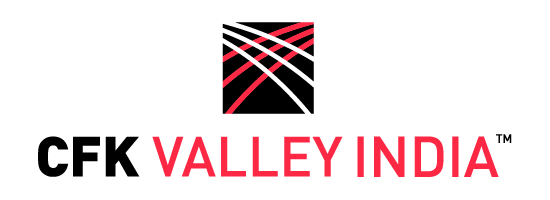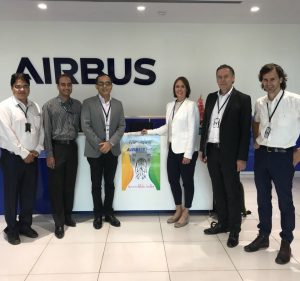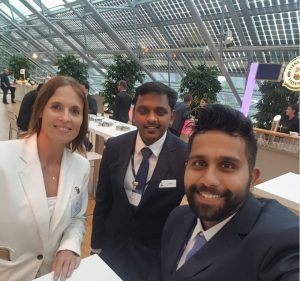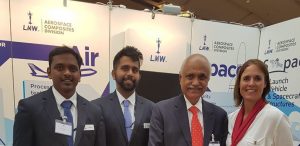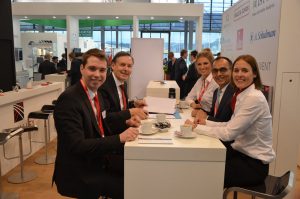CFK Valley India
Your future with Carbon
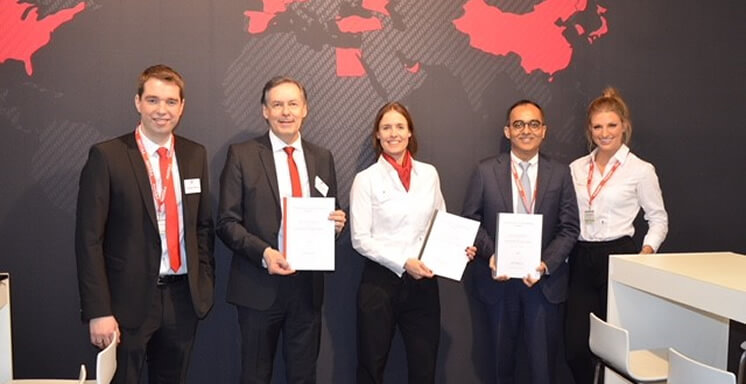
The internationalization continues: After Japan, Belgium, China and Korea, CFK Valley establishes a connection to India. The association signs a Memorandum of Understanding with the Indian Partner at the JEC World in Paris.
On March 5, Dr. Gunnar Merz and Debbie Klijn, CEO of Dutchi Trading & Event Support, as representatives of CFK Valley and Biz-Tech Consultants, New Delhi, signed a Memorandum of Understanding for the foundation of CFK Valley India at JEC World in Paris. The planned India branch is another milestone in the establishment of an international cluster for CFRP technology, one of the major goals of the association. The global network is intended to enable both access to new, emerging markets as well as research and development projects.
“India is among China one of the most rapidly developing composite markets with one of the highest growth rates in the world”, says Dr. Gunnar Merz, CEO of CFK Valley e.V.. He explains the win-win situation for both sides: “The country tries to adopt state-of-the-art technology, we have the required experience.”
CFRP, with its remarkable properties, gains more and more importance as replacement for both aluminium and steel – this is also true in India. On a first trip to India in October 2017, representatives from Stade were able to meet various companies on the sub-continent with a great interest in a composite cluster.
With Biz-Tech Consultants PVT LtD., CFK Valley was able to find an important and valuable partner for the Indian market. The company is already active in India in other important industries and intends to extent its portfolio with their activities with CFK Valley. They have excellent contacts to both industry and politics.
MATERIAL CFRP
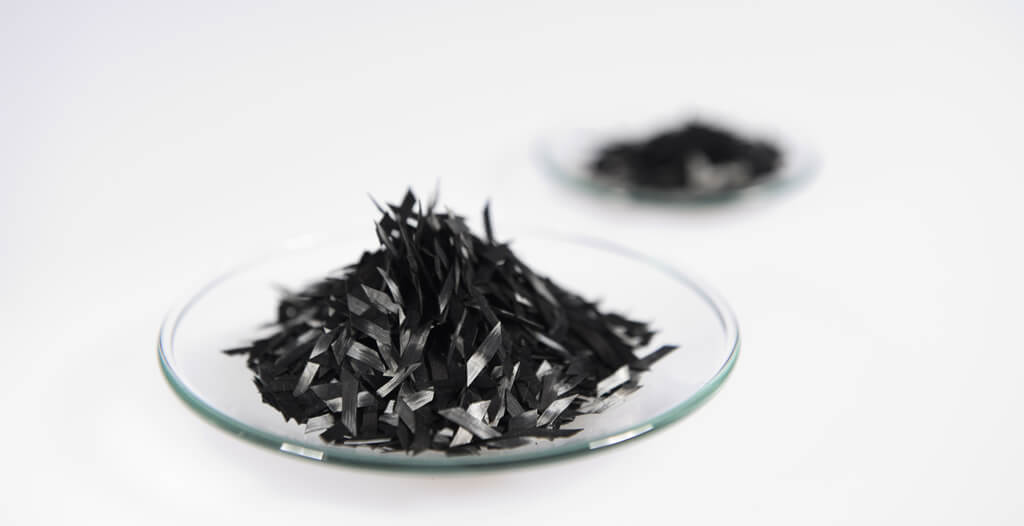
THE LIGHT ALTERNATIVE
Carbon fiber reinforced plastic (CFRP) is best suitable for the manufacture of products, which must be light, but at the same time should show a high stability. CFRP has the same strength as metals and is being used today in more and more innovative application areas e.g. in the automobile and medical technology or also in construction, where products made from CFRP are being used in roof construction right up to building complete houses.
CFRP is a so-called composite material. Carbon fibres are embedded in a matrix, which consists e.g. of duroplastic epoxy resin or thermoplastic synthetic materials, and is brought into shape. This results in excellent mechanical properties, such as an extremely high tensile strength and stiffness in the compound. Apart from this, further convincing advantages are fatigue behaviour, resistance to corrosion, low thermal expansion and a good damping capacity at low density (2/3 of aluminium, 1/5 of steel).
STRONG ARGUMENTS
The advantages of CFRP are relevant for many sectors. Moreover, the innovative material can be adjusted in a highly flexible way to the respective requirements. For this, the individual fibres in bundles or in webs are placed precisely in the component. As compared to steel and aluminium construction this enables a weight reduction of more than 50% or more than 20%. At the same time, the stiffness can be increased four-fold.
CFRP is also versatile in use, for the production of lighter and hence energy -saving aeroplanes as well as for the manufacture of vehicles, ships and rotor blades for wind power plants and many more. So far, the processing requires a lot of manual work. This is increasingly being changed by the automation of the production processes. Naturally, this development will also leave a positive impact on the price-performance ratio.

